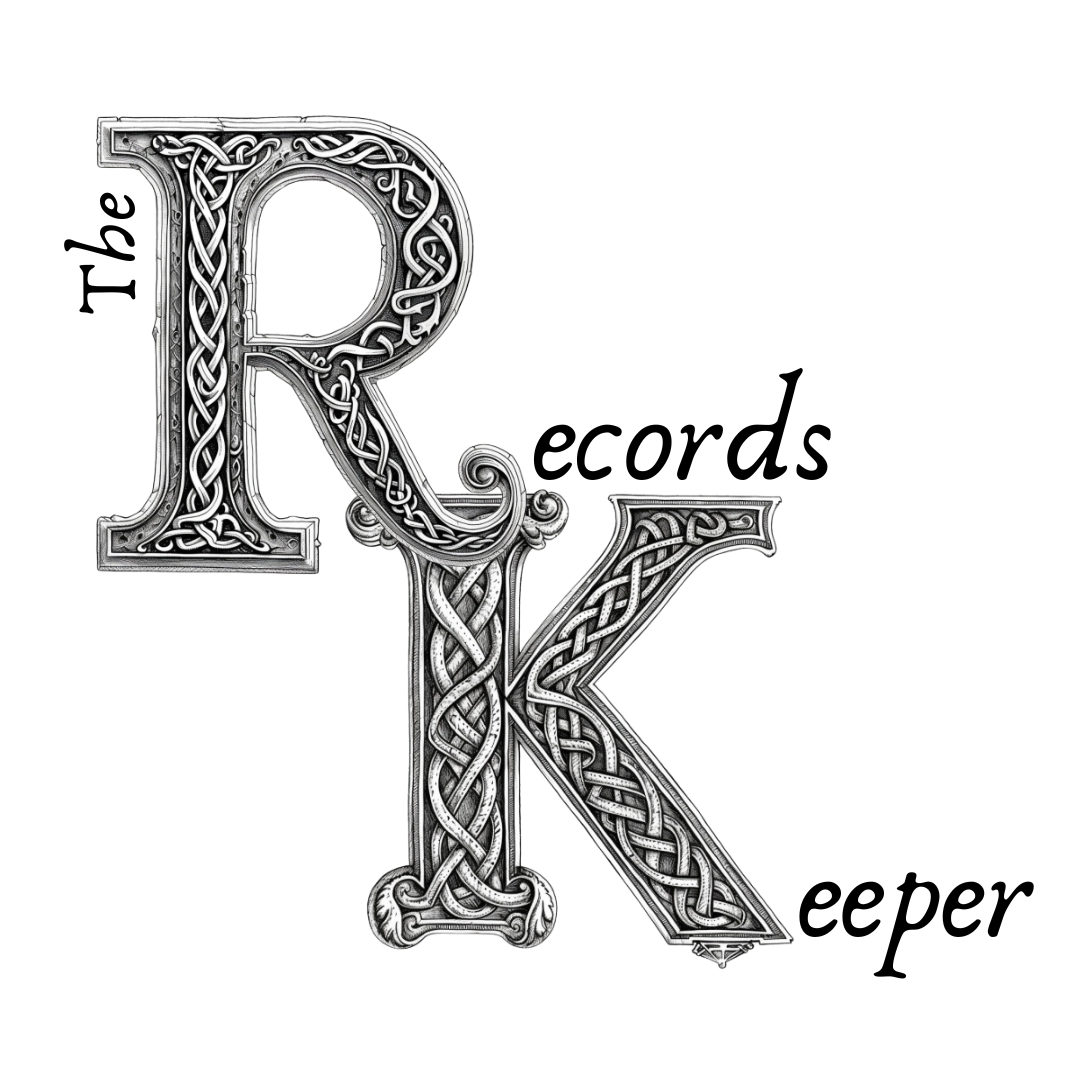Feng Shui: A Little Walk Down History Lane
Hello lovely soul,
Let’s get comfy and travel back in time. Feng Shui, which means “Wind and Water,” was also known as Kanyu. It’s an ancient practice that finds its roots in the West Han dynasty, around the third century BC. Imagine the ancient Chinese sages looking up at the cosmos, understanding the magnetic fields of the earth, and devising ways to bring that harmony right into the home. The primary tool? The “Lo Pan,” a fascinating compass that evolved into what sailors would later use to navigate the world.
Originally used to find the perfect resting places for the deceased, Feng Shui became a guide to constructing living spaces as well. The practice incorporated Yin and Yang, the male and female energies that make up the universe, to create balanced environments. So ingrained was this practice in ancient Chinese culture that city planners used Feng Shui principles to build entire communities. I know, it’s awe-inspiring!
But guess what? This amazing practice was nearly lost to time when communism took over China in 1949. Thanks to the masters who took this wisdom overseas, especially to Hong Kong, we now have access to this enriching art.
How It Sings With the Spiritual & Metaphysical
 Feng Shui is more than just moving furniture around; it’s about aligning energy, intention, and physical space. Sound familiar? It should! This harmonious approach is deeply rooted in the same principles that guide spiritual and metaphysical practices. The use of a compass like the “Lo Pan” to navigate energy resonates with practices like dowsing and crystal gridding. So, incorporating Feng Shui into your life is akin to enriching your spiritual journey.
Feng Shui is more than just moving furniture around; it’s about aligning energy, intention, and physical space. Sound familiar? It should! This harmonious approach is deeply rooted in the same principles that guide spiritual and metaphysical practices. The use of a compass like the “Lo Pan” to navigate energy resonates with practices like dowsing and crystal gridding. So, incorporating Feng Shui into your life is akin to enriching your spiritual journey.
For our lovely community of introverted women with ADHD navigating life’s transitions, this practice can be therapeutic. Finding a sense of balance and harmony in one’s space can mirror the personal growth and soul purpose exploration you’re undertaking. In fact, Feng Shui can be a beautiful tool to manage ADHD symptoms in a holistic manner.
Feng Shui: Unveiling Its Secret Advantages
So you might be asking, “What’s in it for me?” Well, let’s dive into some magical aspects of Feng Shui that can truly change your life:
Advantage Number 1: It brings balance to one’s life
How it works: If your personal space feels chaotic, it’s likely mirroring internal chaos. Feng Shui teaches us to balance elements in our living areas, making spaces feel more harmonious. Example: If you struggle with impulsivity or restless energy, common among those with ADHD, the Feng Shui element of water can bring calming energy. Consider adding a small water fountain in your home office to introduce a sense of tranquility.
 Advantage Number 2: It helps you become more mindful of the little things
Advantage Number 2: It helps you become more mindful of the little things
How it works: Feng Shui encourages you to be aware of every design element in your space, making you more mindful. Example: For those on the Autism spectrum who have sensitivities to sensory stimuli, Feng Shui offers a mindful approach to decor. You could use soft, soothing fabrics and colors to create a sensory-friendly zone in your home.
Advantage Number 3: It opens up possibilities of meeting new people
How it works: Whether it’s a Feng Shui workshop or simply a conversation starter, this ancient practice can expand your social circle. Example: For introverts, socializing can be draining. However, Feng Shui-centered events often offer a quiet, reflective atmosphere that many introverted individuals find more comfortable for socializing.
Advantage Number 4: It gives a fresh perspective on things
How it works: By rearranging your space, you’re also subtly shifting your mindset. Example: If you’re in a life transition, adjusting the Feng Shui of your space can be metaphorical for the changes you’re undergoing. A change as simple as repositioning your bed can bring new energy and perspective into your life.
Advantage Number 5: It invites prosperity and success
How it works: Feng Shui aims to optimize the flow of positive energy or ‘chi’ in your space, attracting prosperity. Example: To support your career or entrepreneurial endeavors, you can activate the Wealth and Prosperity area of your home using specific colors or elements, such as wood or water, as outlined in the Bagua map, a fundamental Feng Shui tool.
Advantage Number 6: It has aesthetic appeal
How it works: Feng Shui is not just spiritually rewarding but also visually pleasing. Example: One of the core Feng Shui practices is decluttering. For individuals with ADHD, a clutter-free space isn’t just visually appealing but can also help in reducing overwhelm and improving focus.
Feng Shui is not only a practice but a journey towards self-awareness, balance, and a deeper connection with the spaces we inhabit. It offers us spiritual and metaphysical benefits, acting as a tool to manifest our true selves, particularly for those who are neurodiverse or introverted.
So, lovely souls, why not give Feng Shui a try? As you continue on your empowering journey to discover your soul’s purpose, let Feng Shui be another loving tool in your spiritual toolbox. Let me know if you’d like to see more Feng Shui tips.
Here’s to harnessing the winds and waters of life to nourish our spirits! 🌱💖

